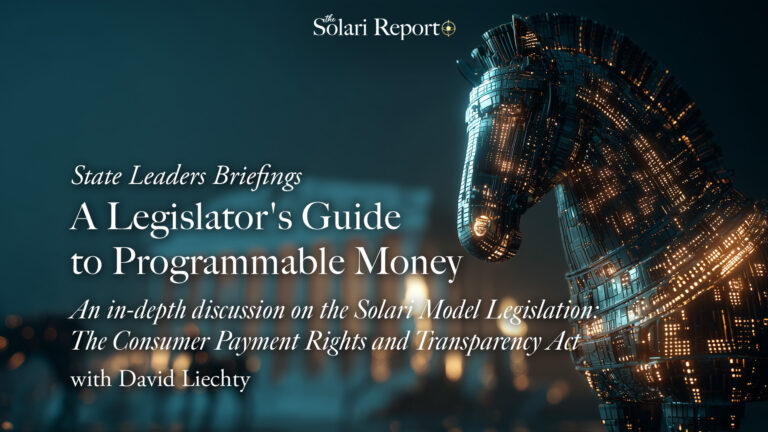A Short Preview:
Theme: Corruption Ain’t What It Used To Be
Ask Catherine will be posted on Friday here.
Interview: A 21st-Century Approach to Energy, Part III – What Can I Do? with Charlie Stephens
Take Action
Please login to see stories, charts, and subscriber-only content.Not a subscriber yet? You are invited to join here!





















































































































Not only did the Canadian paliament applaud a nazi this week, here in the Netherlands they ‘accidently found’ the membership card of our late prince Bernhard (spouse to queen Juliana) to the nazi party NSDAP. What a coincidence..
Netherlands has a well known past regarding what you mentioned, I don’t think people understand. I also asked Catherine about Netherlands being a big player as they are a unique chip manufacturer and deeply involved in the digitalization of the market/world – and possibly working with US/UK to do it.
Catherine, a great article about Netherlands helping the control grid..”The semiconductor monopoly: How one Dutch company has a stranglehold over the global chip industry” https://www.firstpost.com/world/asml-holdings-dutch-company-that-has-monopoly-over-global-semiconductor-industry-12030422.html
How do you see this affecting the US? What is their goal? What is their game?
Catherine, also….per 2021 news”The Netherlands is regarded as being one of only a few countries in the world, together with the likes of the United States and Japan, to have a complete semiconductor industry value chain within its borders. This includes applied research, chip design, chip architecture, the production of chips, the equipment required to make them, and system integration and applications.” https://www.statista.com/topics/7279/semiconductor-companies-in-the-netherlands/#topicOverview
How is this helping the financial grid construction?
Has John ever watched any of Brands shows? I never liked him until he began the Stay Free Shows. I gave him a chance, and am glad I did. I think he is a hero. I hope he has Catherine on his show.
I was just going to post about the Capitol coverage by Wooz News – and there it is – amazing! If you watch till the end, they speak about a man, Alan Hostetter, one of the first in the country to lead peaceful protest against the measures of 2020 in San Clemente California. “they” (more to come) set him up and lured/tried to lure others to J6 and other incriminating situations. There is some great footage, but the judge didn’t see any footage or let him call any witnesses. He is being sentenced October 14th – please pray for him, the creator and watch, share, and support wooz news https://www.youtube.com/watch?v=NG7IqgrpnoU&t=1408s. Please consider profiling the creator of Wooz News/investigating Alan’s story. Part three is coming soon.
fabulous day!!! you also posted interview from GigOhmBiologic (as well as wooz news). Dynamite indeed. I am not quoting, but the weird illnesses are likely clones, and then there are the protocols and mandates. Here is the private social media for GigaOhm and John posted the channel https://gigaohm.bio/ – would love to see more from them..
The brother. I’ve heard ‘things’ from ‘insiders’ about this man. He’s evil. And he has other connections via othe ‘Hollywood’ agencies that are connected to Canada. Dark, dark, dark people.
https://deadline.com/2023/05/ari-emanuel-caa-walmart-liv-golf-saudi-arabia-endeavor-succession-plan-podcast-1235383807/